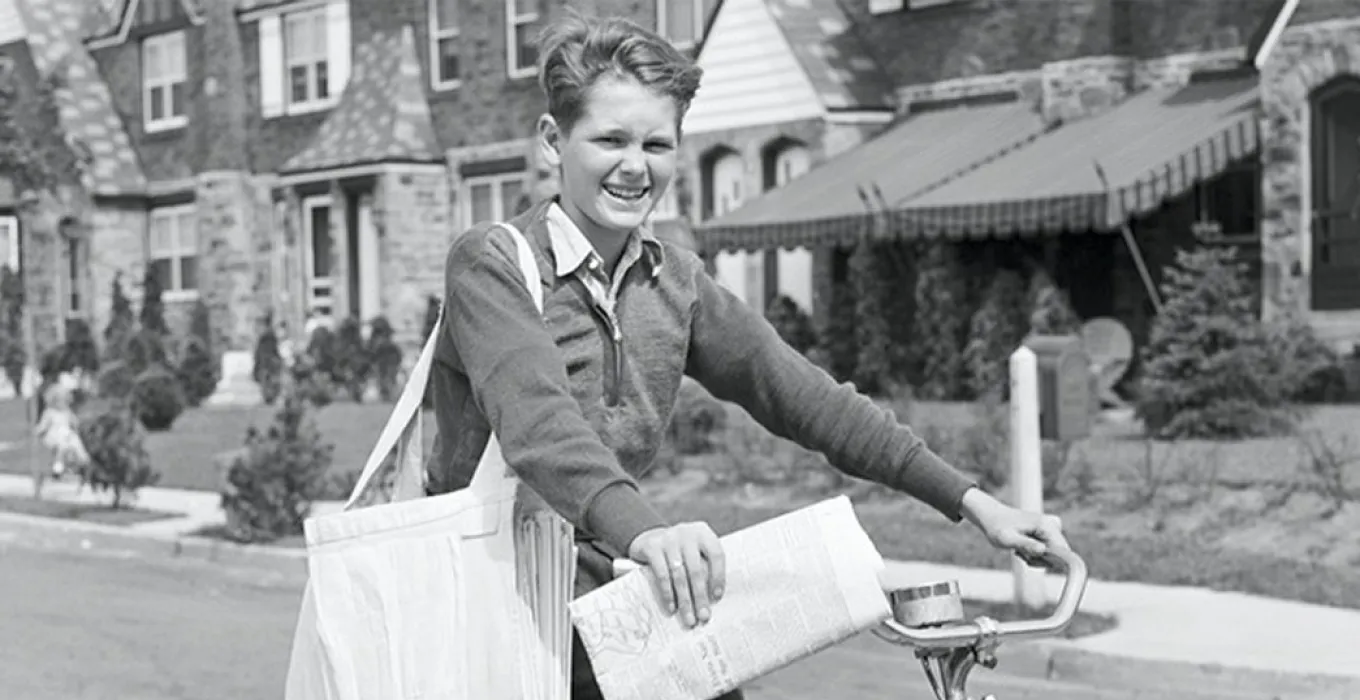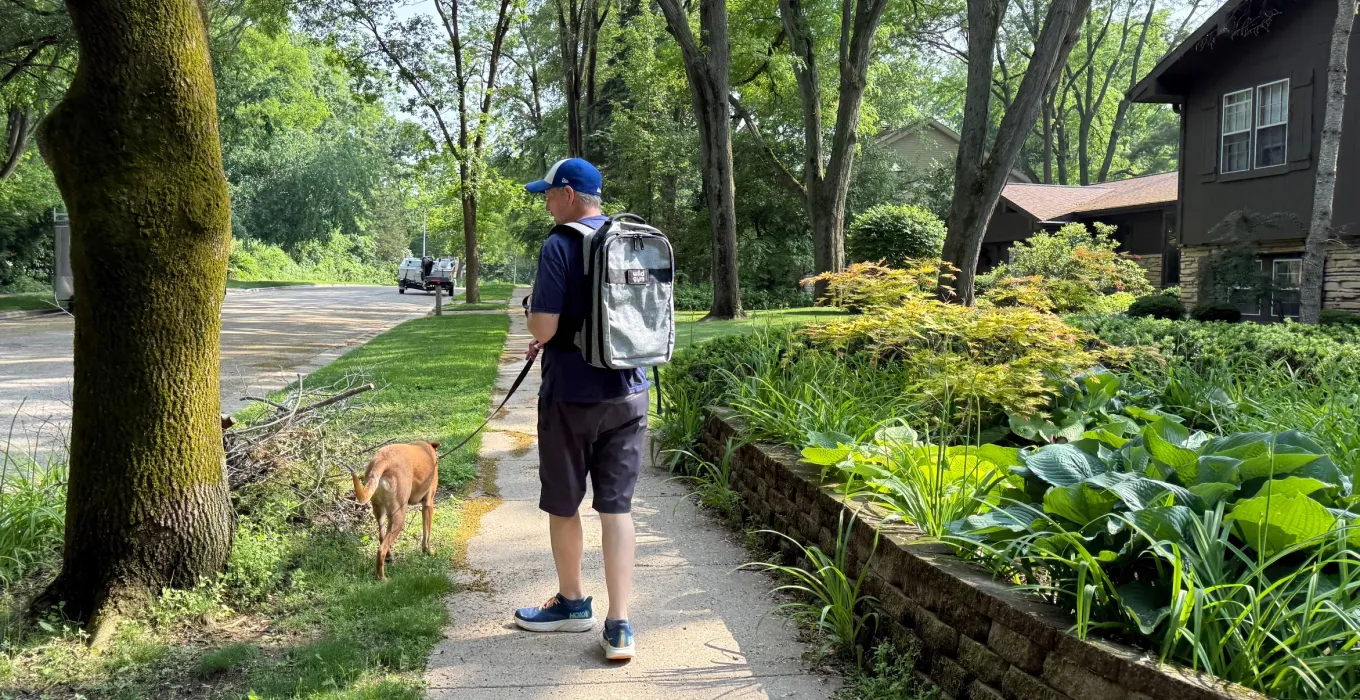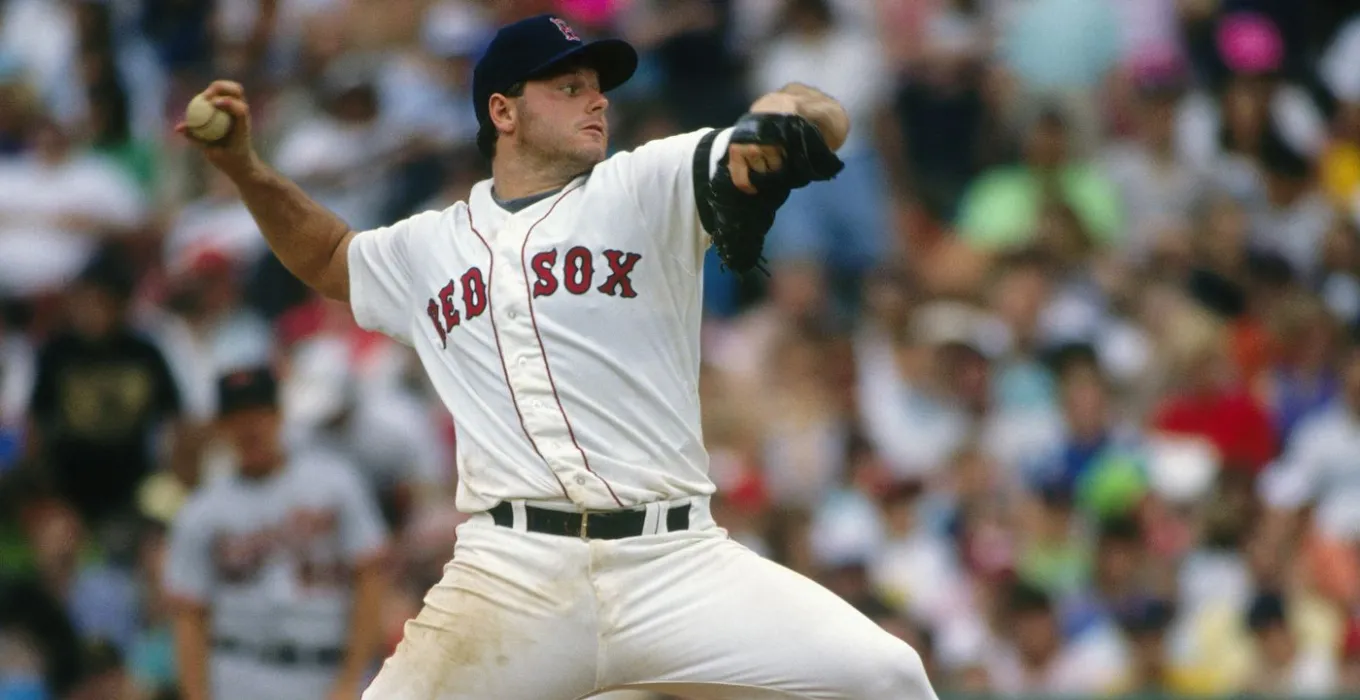My Name Is Bob

My name is Bob, and I am a Type A person. (“Hi Bob”) I “retired” about a year ago, even though I think I have some tread left. I tried to retire earlier than that, but my phone rang and my stint as a consultant began.
When I was a little boy living in the upstairs of my family’s Milwaukee Cape Cod home, I remember waking-up and immediately wondering “Who is outside playing, and what am I’m missing-out on?”. I popped out of bed, got dressed, and wandered the neighborhood, eventually realizing that other kids were not out there waiting for me to come out and play. Upon that disappointment, I reluctantly retreated to my living room to watch the test pattern until, finally, the farm report came on.
Fast forward 60 or so years to today. I awaken quickly and review the night’s curious dreams, which usually include various disasters which I am called upon to fix. My childhood home literally coming apart at the seams with monsters waiting outside to attack. Or a presentation I am supposed to make to a group of brilliant colleagues on a topic that I forgot to research. Prompting me to furiously search the generic hotel basement meeting room searching for someone I know that can quickly bring me up to speed so that I don’t look like an idiot once I am at the podium. But then I realize I am not wearing any pants.
After the dream review, THE LIST starts auto populating. You know, the one that includes everything you want to get done for the rest of your life.
My Type A personality has always focused on vigilantly collecting information to prevent impending disasters from happening. This takes a lot of data collection and processing, and it is very tiring. At the same time, it is exciting, like watching a suspense thriller on the edge of my seat. (Maybe “A” stands for “Adrenaline”).
I’ve always been envious of people who don’t operate in this way. But I secretly hoped they were envious of me, as I was always running around getting “things done” and impending doom at least postponed. Even though I secretly suspected that they were probably getting more things done than I was, as they appeared less scrambled and more organized. I watched them with amazement as they went about their day with a smile on their face, plodding away with no apparent recognition that time was slipping away on them, and that disasters were about to explode everywhere. Why aren’t they moving faster, working harder, being more diligent? Why do they leave it to me to save the world time and time again?
I am now in the middle of the third trimester of my life, hoping for a fourth. Which makes THE LIST of what I want to accomplish even longer, as I must get to them all before my expiration date. So when Tom Marks asked me to add something else to my list, I remembered that writing more after retirement, possibly even a book, was already on that list. So I reluctantly agreed to give it a try, and secretly (please don’t tell) was charmed that he moved writing up to the top of the list.
Another item on my list is to become a non-Type A person, whatever that might mean. I mean, I’ve observed these people with admiration bordering on envy and even pissed-off-edness (coining new words is also on my list) at my inability to imitate them. To become them. Oh, to lead a life of carefree relaxation while being slowly and calmly effective while never breaking a sweat. Yup, that has been on my list for a long time, but I’ve always been too busy getting things done and saving the world to get to it.
Throughout my years, I’ve attempted various solutions to the dilemma between getting important things done and being relaxed enough to just enjoy what I was doing. I’ve occasionally had help along the way. Once, when I was lamenting in my office to a friend about the need to get to the “end of my list” so that I could relax and start fresh and unencumbered the next day, I received some sage advice. “Bob”, he said, “The ‘list’ is infinite. You’ll never get to the end of it”. At the time, it was like a weight off my chest. Realizing that something I was striving to achieve was, in fact, unachievable.
The relief, however, was short lived, as that list of things I thought were necessary, or even just desirable, to do was always there around the corner and could never be completely discarded. Like an anchor around my neck, it was hard to ignore. And now it became an anchor of infinite size!
If there ever was a time to deal with a lifelong annoyance like this, retirement is it. I have spent my entire life trying to tackle this beast. I have found many tools, maybe too many, which proclaimed their ability to solve this dilemma. Meditation, breath work, 12-step programs dealing with addictions, self-help books, anger management, you name it, at one time or another, I tried it. It was only in retirement that I was able to pull it all together and actually have some success.
The revelation came because of some startling yet banal insights that I acquired while on my lifelong quest to fix what was “wrong” with me. Ultimately, and ironically, it was the realization that I did not need to “fix” what was “wrong” with me, but to step back from my drive to “fix” and develop an appreciation for what I was, and acceptance of what that meant.
Interestingly, I knew what I needed to do for a long time. I just didn’t know that I knew (in Donald Rumsfeld terms, this an “unknown known”). Many years ago I developed a series of “Meditations and Thoughts” on my journey to fix myself. Ironically, I used it as the back page of my ever present “To do” list. Three lines are at the top of that page.
Today I will let other people be themselves, perfect in their own way, and not try to fix or control them.
Today I will let go of the drive to control events and other people’s lives.
Today I will simply try to control my own life where I have control, and let go and accept where I don’t.
Type A people typically are control freaks, at least in my experience. And they are perfectionists. Whether they are born that way or acquire those traits in their formative years is immaterial. They are what they are. My “mistake” was thinking that my “Type-A ness” (not a phrase one would say out loud in polite company) was something under my control, and that if I tried hard enough, I could fix it. After all, control was my thing, and I was good at it – to a fault! But I was operating in the wrong part of the serenity prayer. I was blinded by my inability to accept something I didn’t have control over. It wasn’t until this past year that I realized that. If only I had realized that years ago . . . But again, the past is out of my control.
I had explored many self-help books and meditation apps throughout my life. While I’ve learned a lot, I’ve also plowed through a lot of rubbish. But at the end of the day, I’ve been able to find a few things that have really made a difference in my life.
The first one deals with surrender and the second one with the realization of how wonderful life itself can be (FYI, both of these came from Sarah Blondin’s meditations on Insight Timer. One is called “Life as sacred art” and the other “Unwind into surrender”).
Surrendering is the opposite of controlling. Trying to manage all the things that worry us takes a tremendous amount of energy. But it is also self-defeating. It imposes upon us the stress that we would have if these things actually happened. And it doesn’t make them any less likely to come true. In other words, by worrying about the future, we are living in places we are trying to avoid. Understanding this allows me to surrender. Surrendering means to cease resistance to an enemy or opponent and submit to their authority. Our worries have no authority over us unless we give it to them, or until they become real, and most of the time they don’t.
The second one deals with life itself. When I was a little boy, I tried to imagine what it would be like to never have been born – in other words, not to exist. Not in the It’s a Wonderful Life Jimmy Stewart way where I imagined what the lives of those around me would be like if I wasn’t born. But in the sense of the experience of never having existed. I don’t know why I tried to figure this out as a boy, but maybe it explains why I ended up with two degrees in philosophy and a minor in psychology.
Now that I do exist, and have so for some seventy plus years, I try to imagine what it is like to go out of existence. To cease to exist. To be no more. The most logical explanation of what that would be like was given to me by Neil deGrasse Tyson in an interview on his thoughts on the afterlife and what it would be like. To the interviewer, he said: “You’re not sitting here lamenting the absence of existence before you were born. You don’t waste any time thinking about it. So, for me, absence of my existence after I die is not in any way different from my absence of existence before I was born.” Even though I did waste time trying to figure out what the experience of no experience was like, I tend to agree with Neil’s logic. Which means that at some point, the future will end for us. What better reason to absolutely savor the moments that we all have left. The realization that that is all we have, makes them infinitely valuable.
To sum it all up, my message to myself is to live in the moment. An obvious message, but it took me the path outlined above to actually get there. At least for some moments! There are days where this is still a work in progress. But at least I’ve found the ladder to get there.





